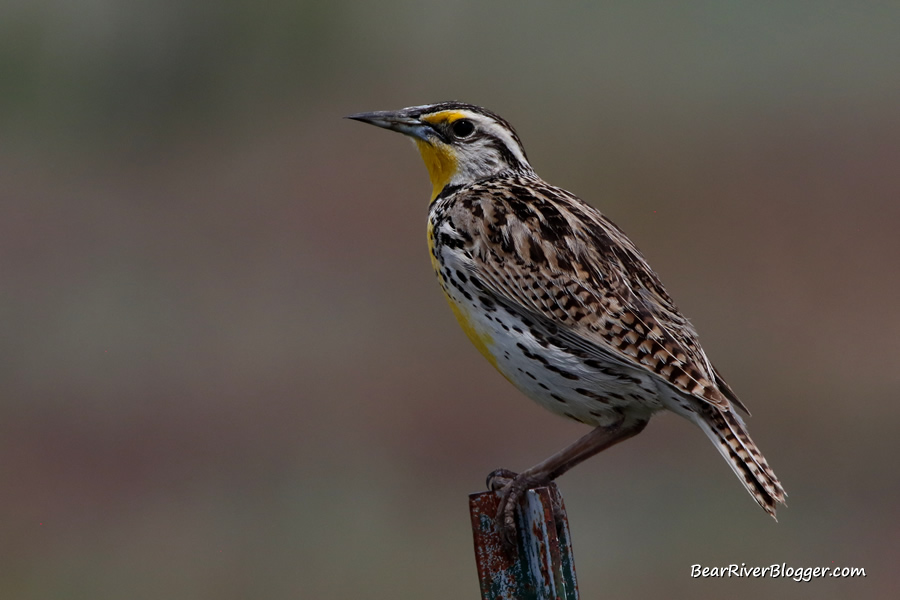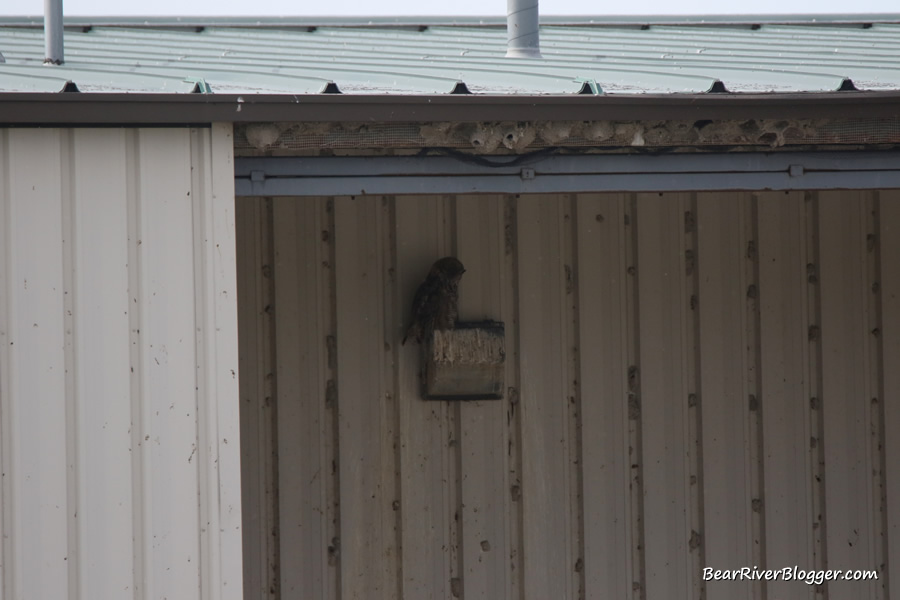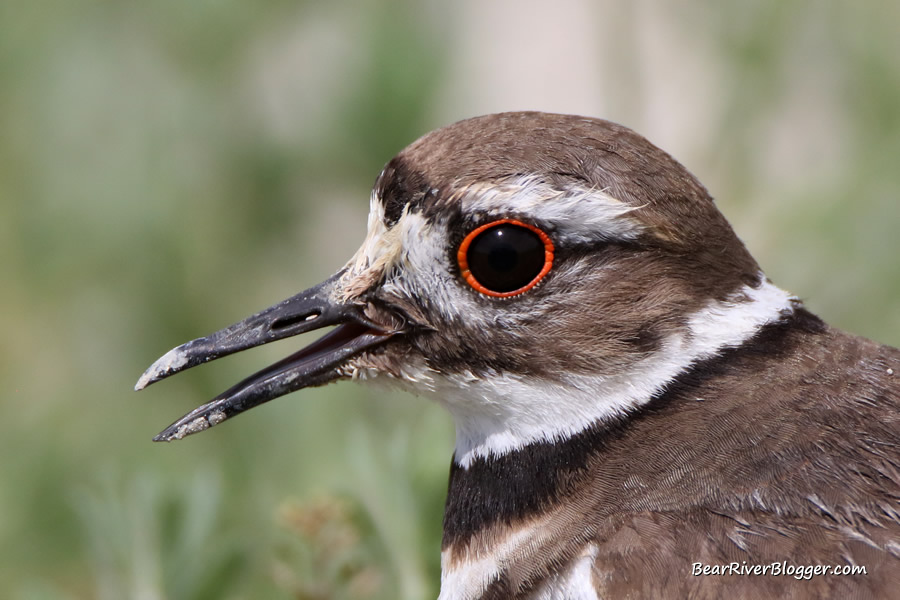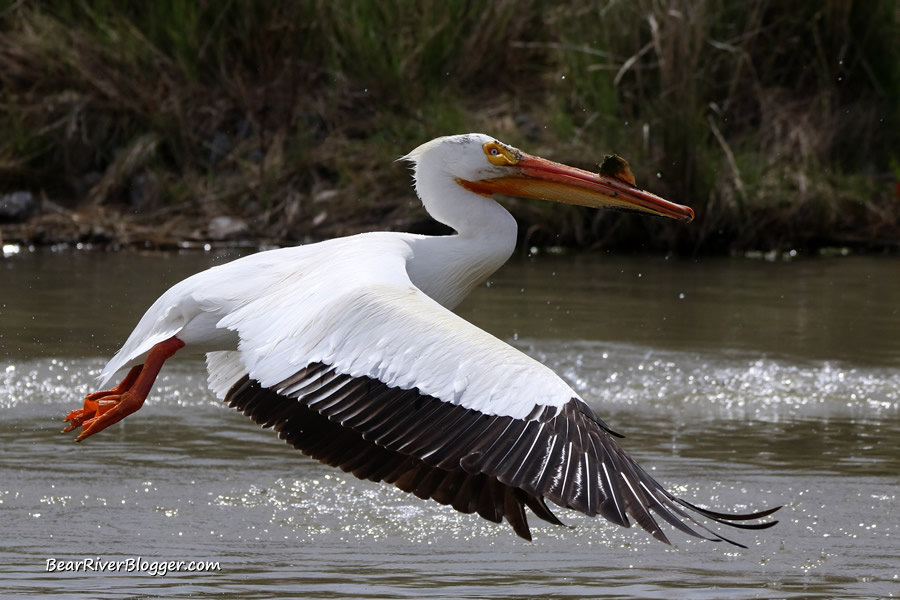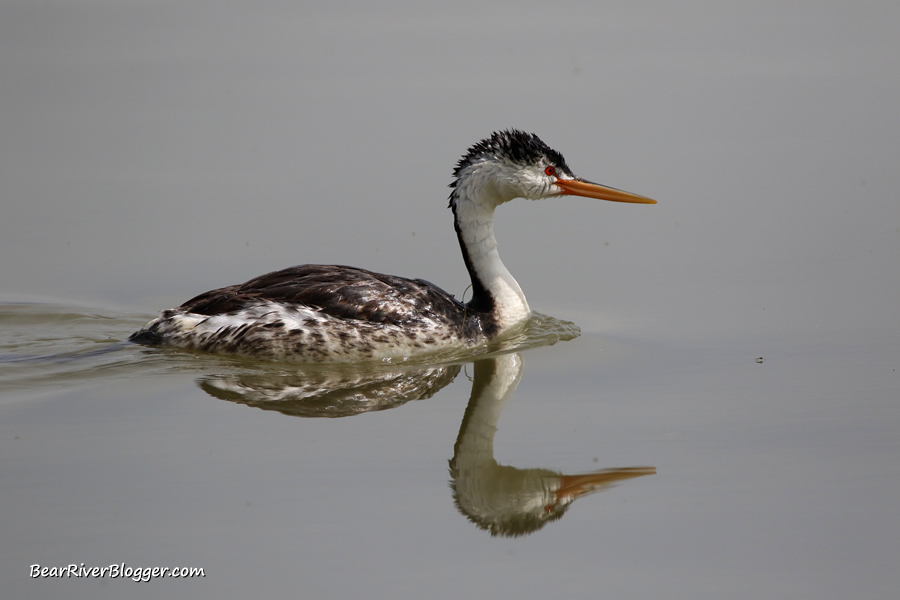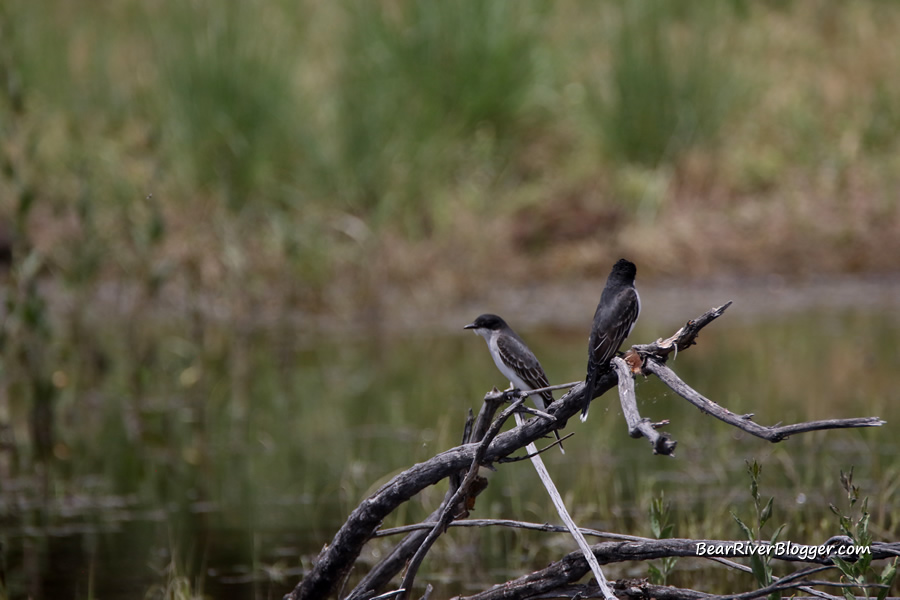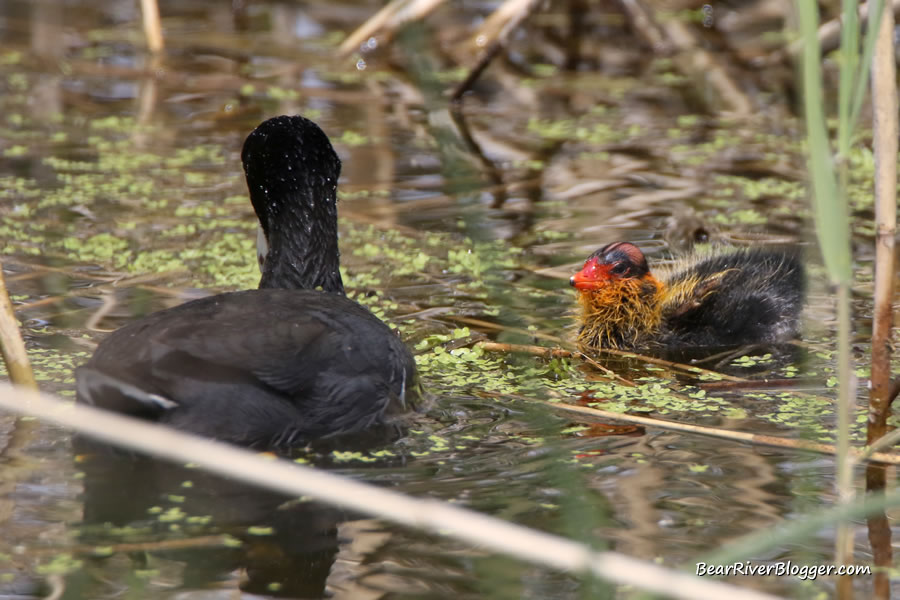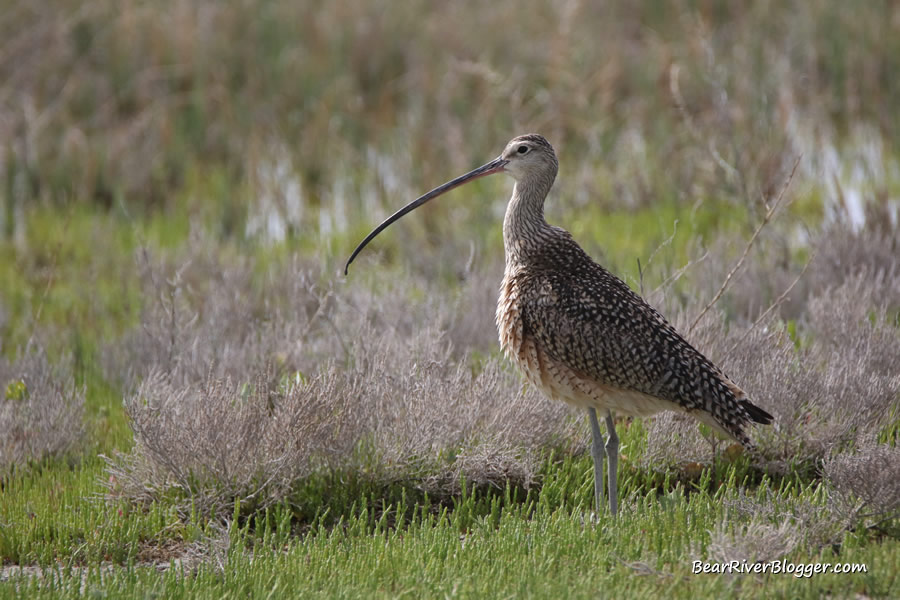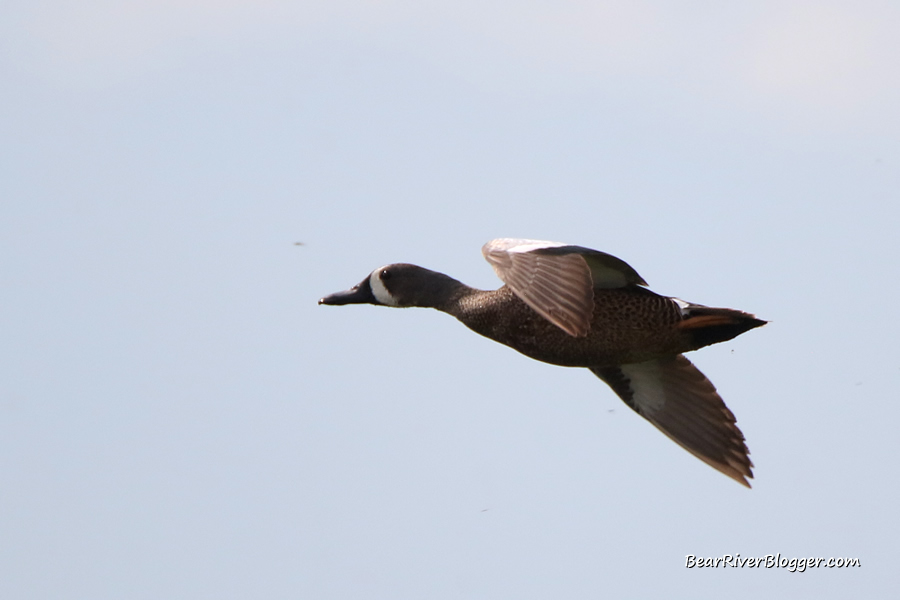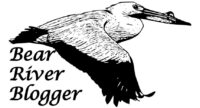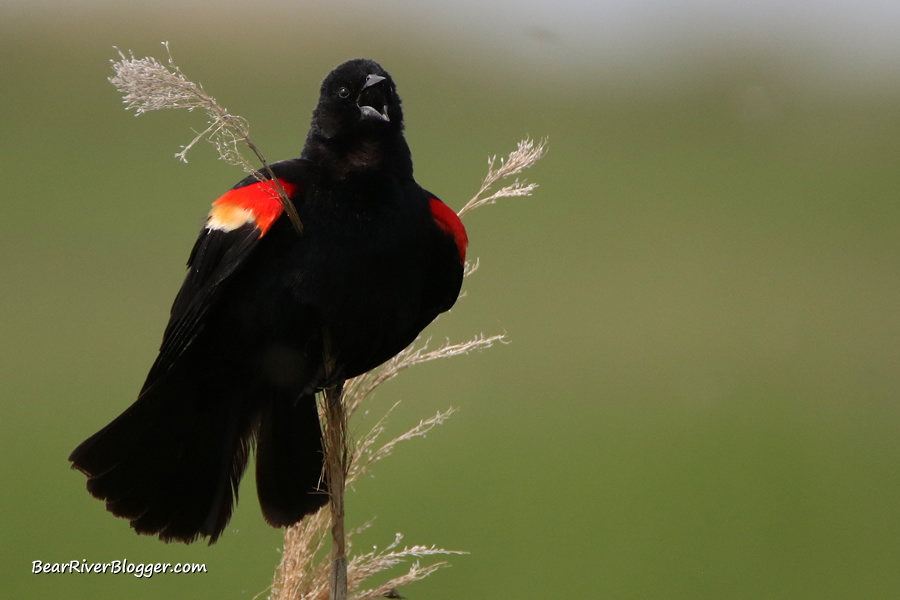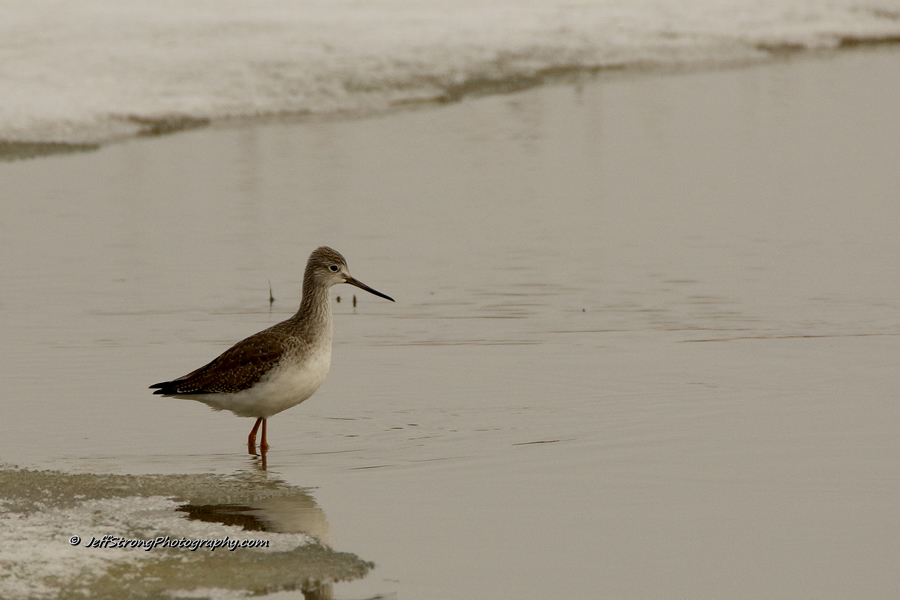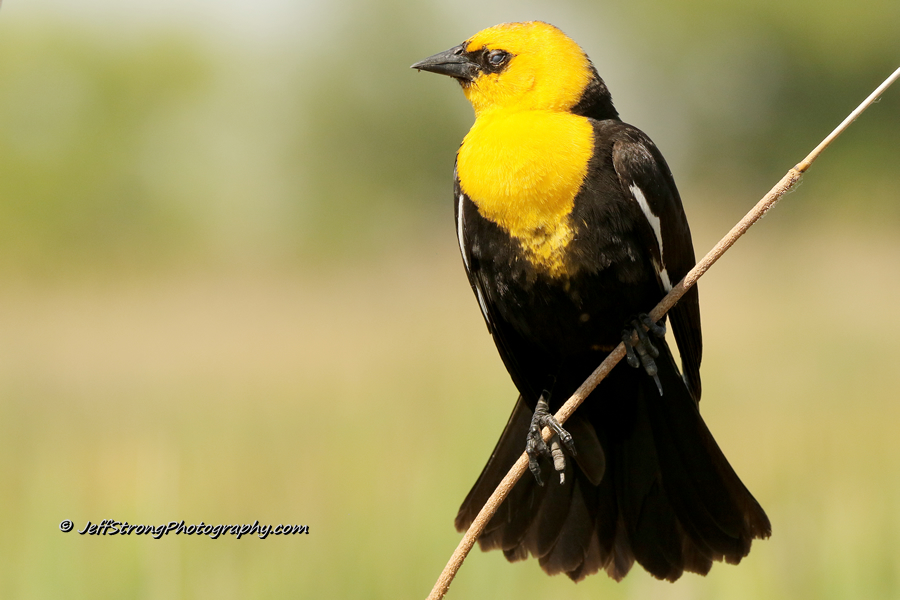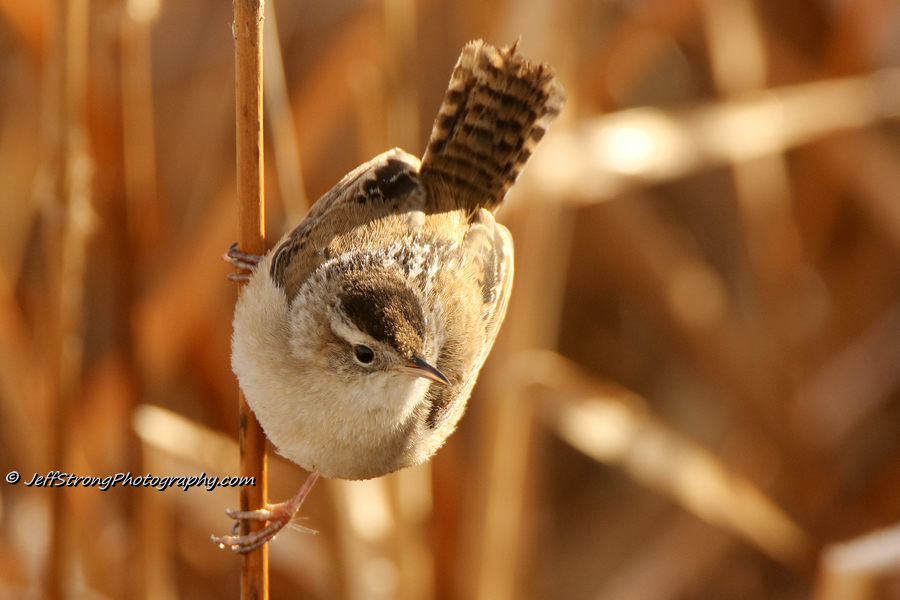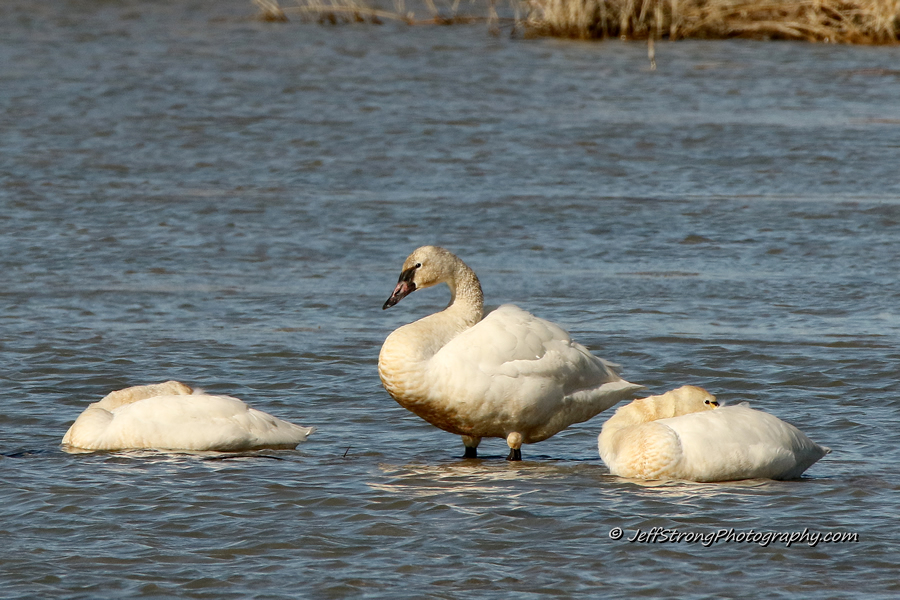Typically on major holidays, I stay as far away from public places as I can but today, even with it being memorial day, I couldn’t control the urge to do some birdwatching no matter what I did.
And to throw even more caution to the wind I decided to head out to the popular Bear River Migratory Bird Refuge auto tour route to see just how the birdwatching has been faring since the Bear River has been flooding the upper parts of the refuge the past several weeks.
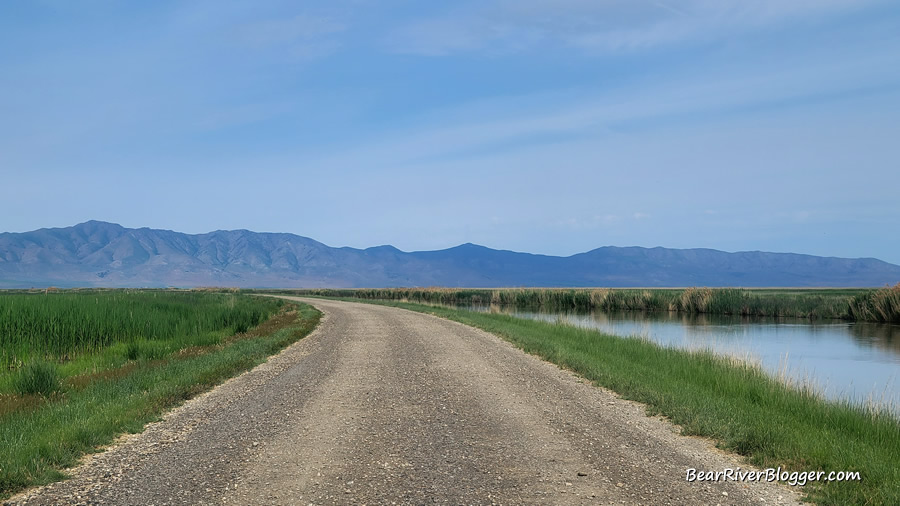
Simply put, despite a few pesky horseflies and a mosquito or two, today ended up being an incredible day for birding on the Bear River Migratory Bird Refuge.
In fact, all of the images for this particular blog post, including a short photo gallery I’ll include at the end of the article, came from today’s trip around the bird refuge auto loop and on the flooded section of Forest Street.
Now I don’t mind saying the Bear River Migratory Bird Refuge is one of the best birdwatching places in Utah, maybe even the western United States, but I was fearing the holiday traffic would cause the refuge to be inundated with an exceptionally high amount visitors which can somewhat impact the birding a bit from all the vehicles driving around the auto loop.
Strangely enough from the time I passed through the gate at 9:00 am until I left the auto loop at noon I only saw a total of 3 other vehicles on my way around the refuge.
Definitely not what I was expecting but a pleasant surprise nevertheless.
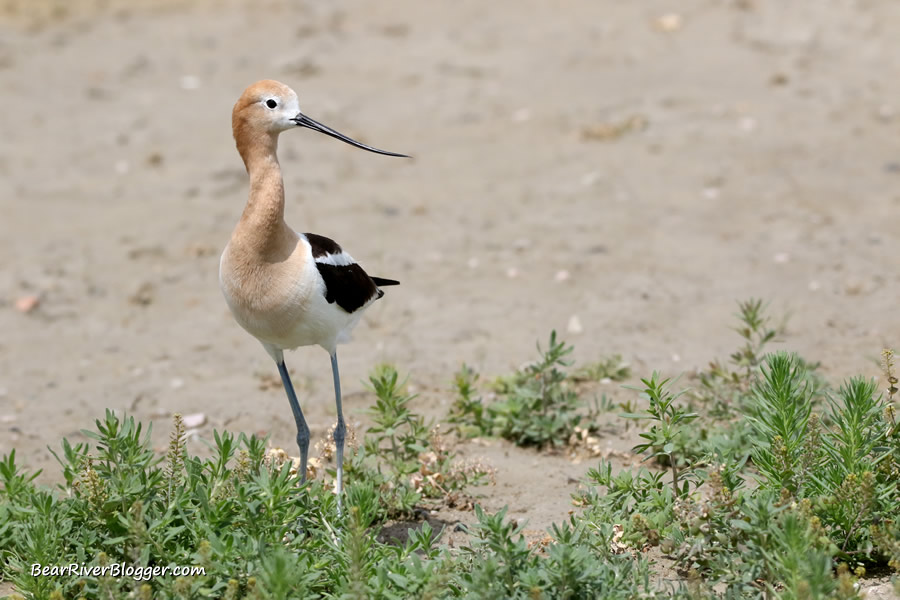
But on my way back up Forest Street, however, I passed quite a few cars heading down towards the bird refuge auto loop so I’m pretty sure I missed the holiday crowds by getting there by 9 o’clock in the morning.
From my decades of experience birdwatching on the refuge, early morning is always the best time of day to visit the Bear River Migratory Bird Refuge for two reasons, the birds are usually more active and the crowds are usually smaller this time of day.
And speaking of Forest Street, there is flooding along both sides of the road and there are still quite a few birds to be found in the shallow flood waters.
And as it has been for a while now, water is still pouring across the roadway in one of the flood management areas but it was only 2-3 inches deep at best so I cautiously decided to travel through the flooded portion of the road and head down to the auto tour route to do some birdwatching and photography.
In weeks past this flooded portion of Forest Street has been high enough that low-clearance cars like mine were unable to safely travel through the floodwaters so today was the first day in weeks I have been able to get down to the refuge auto loop.
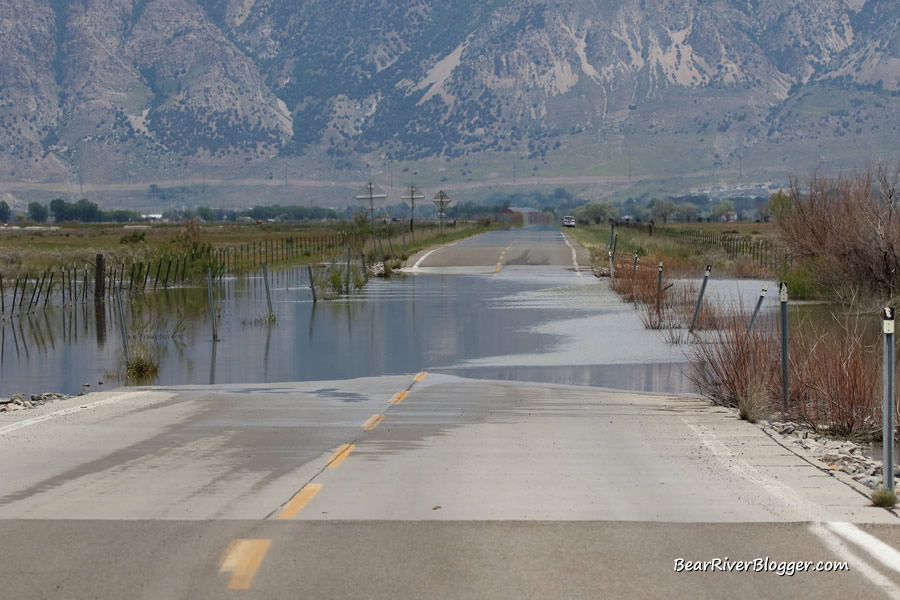
But with all the flooded fields and mudflats along this section of road, there has been some great birdwatching prior to the flooded section of road so even those of us with lower vehicles are still able to see a lot of birds on this part of the refuge and private lands.
Today was certainly no exception to that rule as I saw numerous species of birds on Forest Street as well as the auto loop, some of which I don’t commonly see on many of my trips to the refuge, including the beautiful blue-winged teal which I found several of on the northern part of the auto tour route.
Cinnamon teal was also quite abundant on many parts of the drive with the drakes showing off their brilliantly colored plumage.
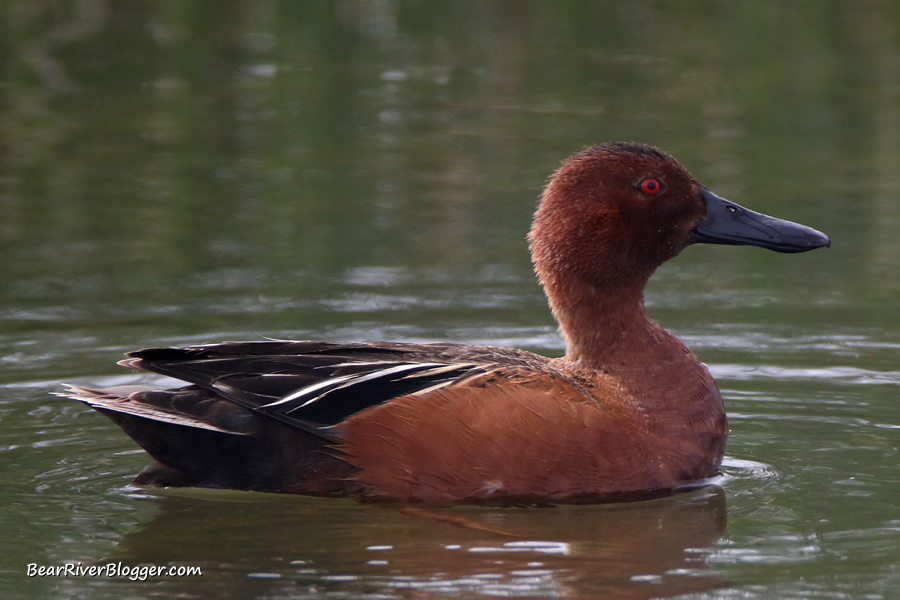
American white pelicans seemed to be around every corner today and if you follow my blog for any length of time you’ll quickly realize pelicans are one of my favorite birds to photograph in-flight as well as just to watch as they somehow effortlessly glide just a few inches above the water’s surface.
A great horned owl was even spotted on the backside of the large maintenance shed, a location where in years past great horned owls have been known to nest.
But the best part of the day was seeing numerous American avocets nesting close enough to the gravel road for a few pictures from the safety of my vehicle.
Always watch out for nesting birds on the sides of the Bear River Migratory Bird Refuge auto loop and gravel parking lots.
Killdeer, black-necked stilts, and American avocets are commonly found to nest close to these high-traffic areas, as was the case today as all three species were found to be nesting along a portion of the auto loop but far enough off the road they shouldn’t get disturbed if birders and photographers alike give them the respect they deserve and observe them from a safe distance and from the inside of their vehicles.
All the images I took today and posted here on my website were, in fact, photographed from inside my vehicle so as to not disturb the nesting birds and were captured using a 600mm lens as well.

So if it looks like I was super close to the birds that is only because I was far enough away they didn’t feel any threat and I was using a 600mm lens for the close-ups.
Never, ever get out of your vehicle and approach a nesting bird as doing so will cause the bird to leave the nest, maybe never to return.
And for the next month it is quite possible to find birds nesting along the refuge auto route shoulders and gravel parking lots so please be aware when you drive the loop and look out for and give nesting birds their due space.
All in all, I will say the Bear River Migratory Bird Refuge is doing quite well this spring despite the heavy floodwaters affecting other parts of Box Elder County in a negative manner.
(Singing Western Meadowlark. For short nature clips like this one and interesting stories about the natural world around us, check out our Bear River Blogger channel on YouTube for videos and updates from our travels while out in nature.)
The impoundments are full of water, the birds are quite plentiful, and the gravel road has been graded and is quite smooth to drive on for a few hours of birdwatching.
I’ll even say I found a few interesting butterflies on the auto loop but that will have to be a blog post for another day.
If you are a nature lover and birder like I am, I offer you to head on over to our subscribe page and sign up for email notifications for future blog posts like this one where we try to keep you updated on what’s going on with the famed Bear River Migratory Bird Refuge.
We also appreciate your readership and support for our website, especially when our blog posts are shared on social media outlets and with other nature-loving friends and family.
